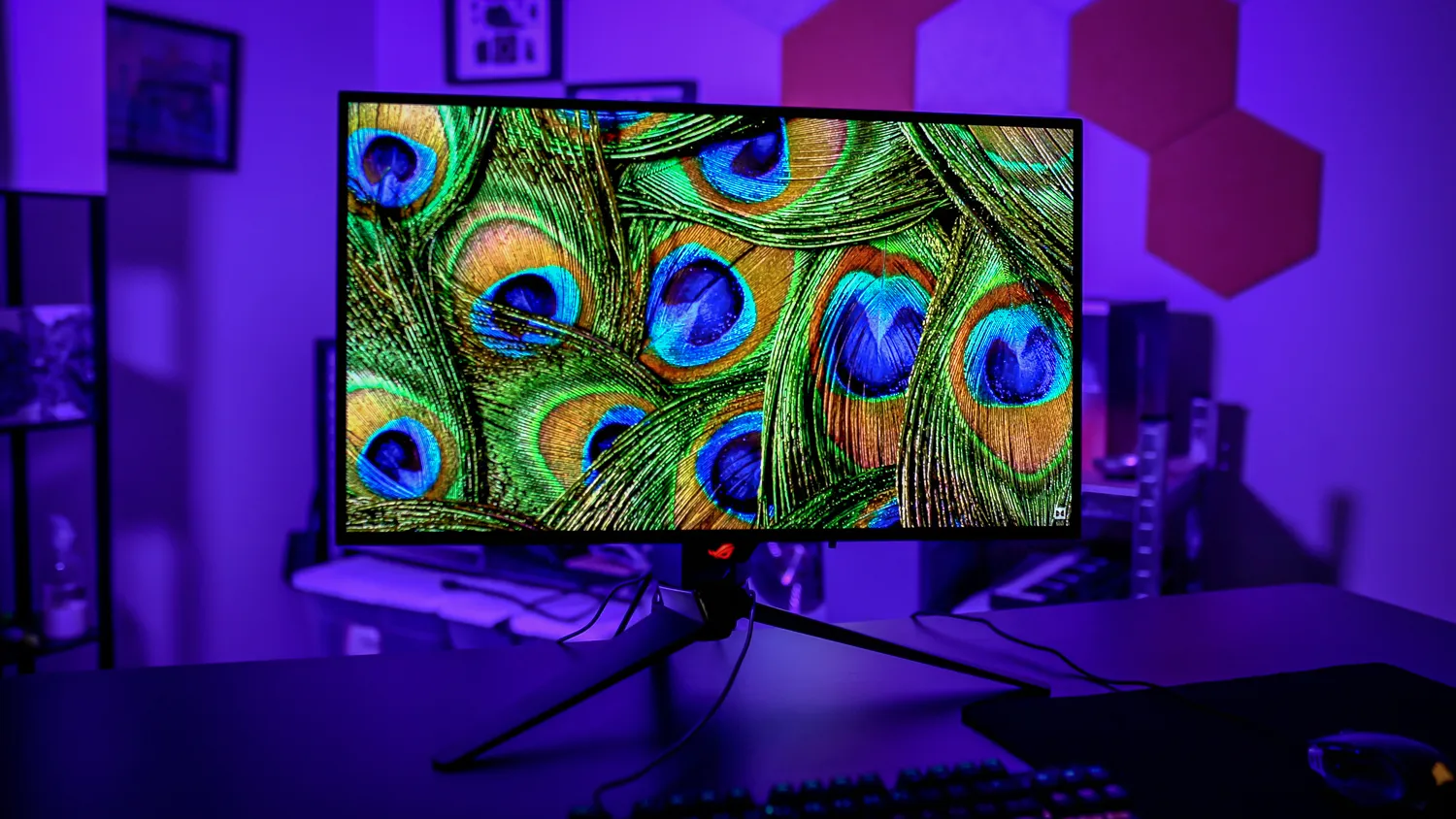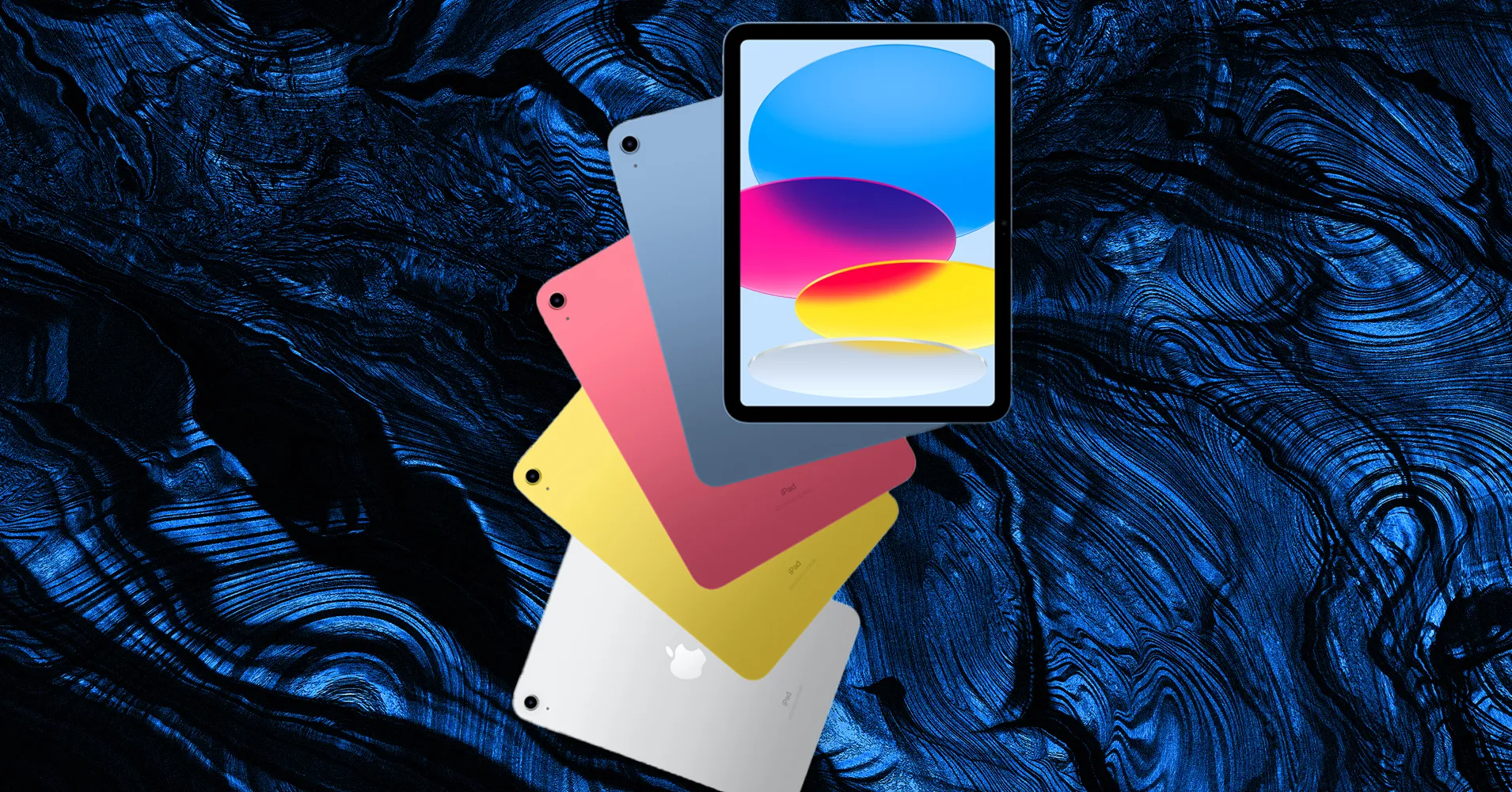Imagine searching for a file on your computer not by its name, but by what’s actually in it. “That photo of my dog on the beach at sunset” or “that spreadsheet with the Q3 budget” could become your new reality. Microsoft is making this possible by infusing Windows Search with the power of artificial intelligence (AI), promising to transform how we interact with our PCs. This isn’t just about finding files faster; it’s about fundamentally changing how we think about organizing and accessing information.
This shift is happening now, with Microsoft rolling out AI-powered search features to Windows 11 users throughout late 2023 and 2024.
The initial focus is on Copilot+ PCs, devices designed for seamless integration with Microsoft’s AI assistant, Copilot. But the implications are far broader, potentially impacting hundreds of millions of Windows users worldwide. Why is Microsoft investing so heavily in AI-powered search? Because the traditional method of relying on file names and keywords is simply no longer efficient in our increasingly digital world. We’re drowning in data, and we need smarter tools to help us navigate it.
From Keywords to Context: The AI Advantage
Traditional Windows search relies on basic keyword matching. If the exact word or phrase isn’t in the file name or metadata, you’re out of luck. AI changes the game by enabling semantic search, which understands the meaning and context of your query. This means you can search using natural language, just like you’d talk to a person.
Here’s how this translates to real-world benefits:
- Find files you can’t remember the name of: No more racking your brain for that elusive file name. Describe what you’re looking for, and AI will do the heavy lifting.
- Uncover hidden connections: AI can identify relationships between files you might not have noticed, surfacing relevant information you didn’t even know you needed.
- Search across different data types: Find what you need across emails, documents, images, and even videos, all from a single search bar.
Under the Hood: How AI Powers the Search
Microsoft’s AI-powered search leverages several key technologies:
- Natural Language Processing (NLP): This allows the search engine to understand the intent behind your words, not just the words themselves.
- Computer Vision: AI can “see” what’s inside images and videos, allowing you to search visually.
- Deep Learning: The system learns and improves over time, getting better at understanding your search patterns and preferences.
This isn’t just theoretical. I’ve experienced the power of AI search firsthand through Microsoft’s Bing search engine. The ability to refine searches with natural language prompts and get results that truly understand my intent is a game-changer. Seeing this technology come to Windows Search is incredibly exciting.
Beyond File Explorer: AI Search Across Windows
The impact of AI extends far beyond the File Explorer. Microsoft is integrating AI search across the entire Windows ecosystem:
- Settings app: Easily locate specific settings by describing what you want to do. For example, “connect headphones” will bring up the relevant Bluetooth settings.
- OneDrive: Find files stored in the cloud with the same natural language queries.
- Web search: AI-powered search will be integrated with Bing, providing more relevant and comprehensive results.
This holistic approach ensures a consistent and intuitive search experience across your entire digital workspace.
The Future of AI-Powered Search in Windows
This is just the beginning. Microsoft has ambitious plans for the future of AI-powered search in Windows. Here are some potential developments:
- Personalized search: AI will learn your individual preferences and tailor search results accordingly.
- Proactive suggestions: Search will anticipate your needs and offer helpful suggestions before you even start typing.
- Contextual search: Search results will be influenced by your current activity and location.
Imagine a world where your computer acts as an intelligent assistant, proactively surfacing the information you need, when you need it. This is the future Microsoft is building towards.
Challenges and Considerations
While the potential of AI-powered search is immense, there are also challenges to consider:
- Privacy concerns: AI needs access to your data to function effectively. Microsoft needs to ensure robust privacy safeguards are in place.
- Accuracy and bias: AI models can sometimes produce inaccurate or biased results. Ongoing refinement and training are crucial.
- User adoption: People may need time to adjust to this new way of searching. Clear communication and intuitive design will be key.
Microsoft is aware of these challenges and is actively working to address them. The company has emphasized its commitment to responsible AI development, prioritizing privacy, transparency, and fairness.
The integration of AI into Windows Search is a significant leap forward, promising to transform how we find and interact with information. By understanding our intent and context, AI empowers us to work more efficiently and effectively. While challenges remain, the potential benefits are undeniable. As AI continues to evolve, we can expect even more innovative and intuitive search experiences in the future. This is a journey worth embarking on, and I’m excited to see where it leads.
















Add Comment